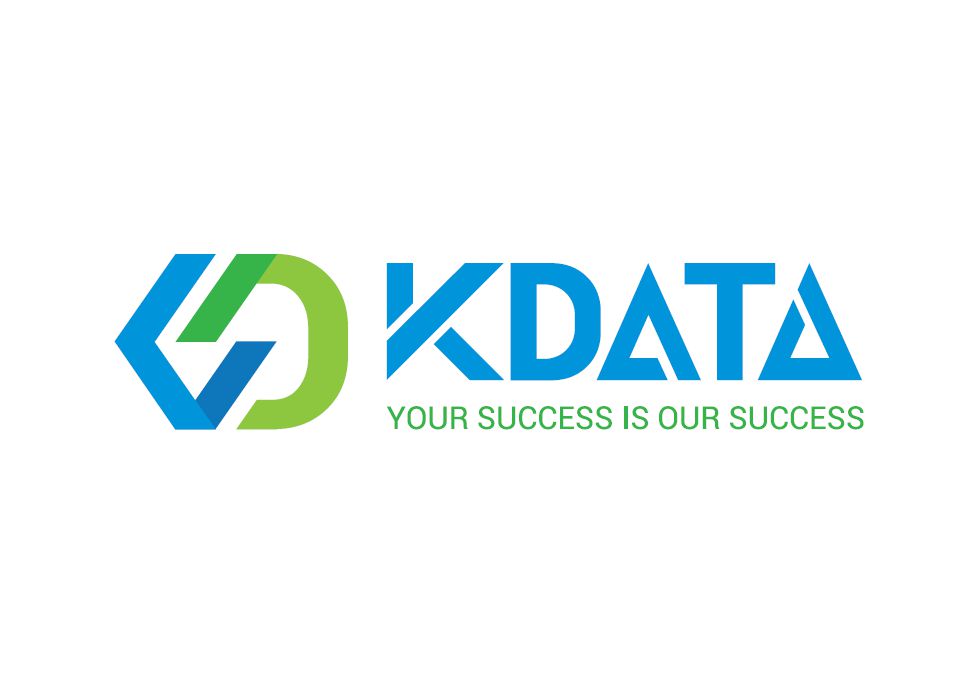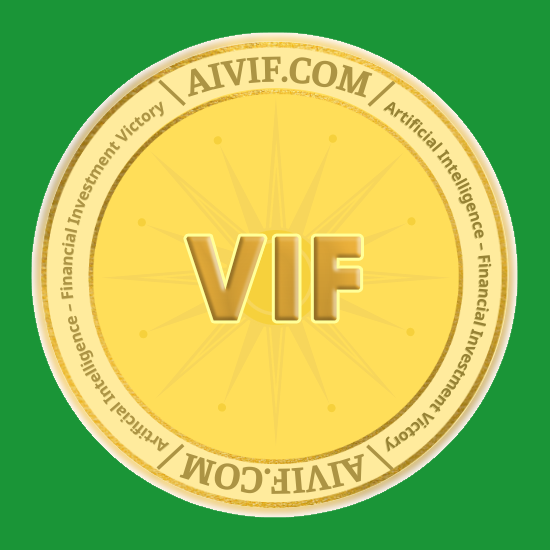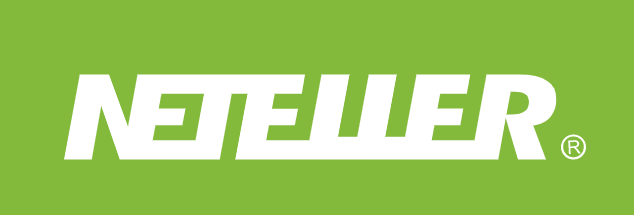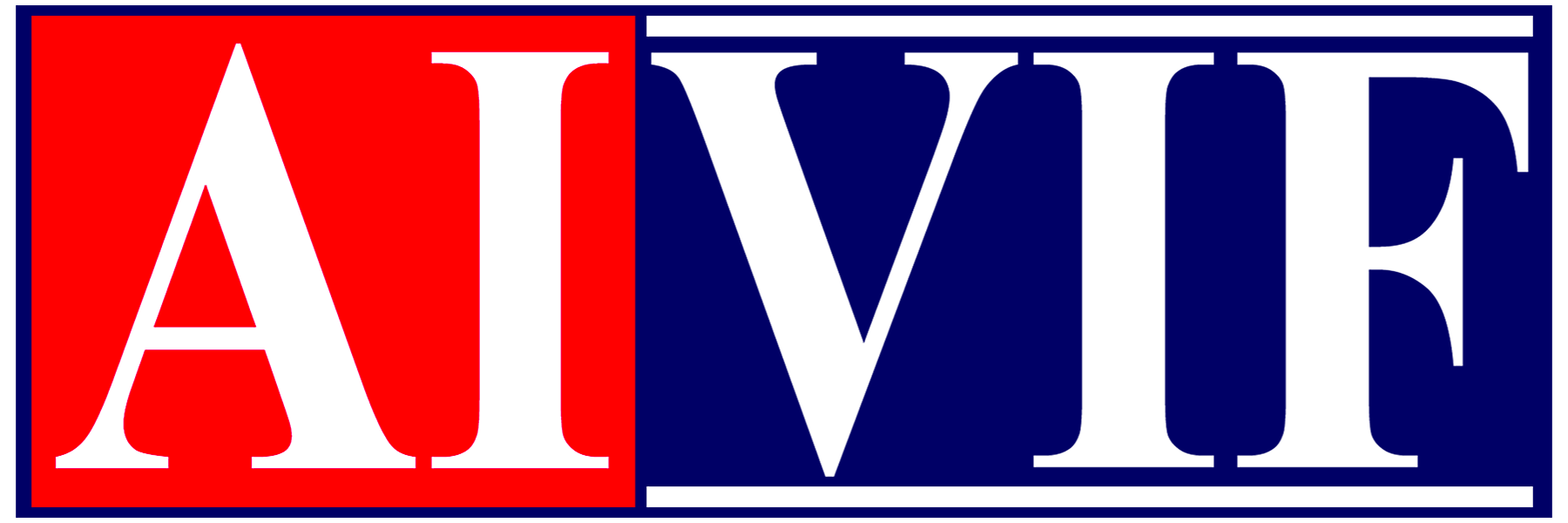The expectations of one's work role can be expressed in relevant standards that apply to a particular industry or profession. These standards outline the skills, knowledge, and behaviors that are expected of an individual in their work role to explain expectations of own work role as expressed in relevant standards. These standards can vary depending on the industry, but they are usually developed through consultation with industry experts and stakeholders.
For example, in the healthcare industry, the expectations of a nurse's work role are defined by the Nursing and Midwifery Board of Australia's (NMBA) Registered Nurse Standards for Practice. These standards outline the expectations of registered nurses and include requirements such as providing safe and effective care, engaging in professional development, and maintaining ethical and legal responsibilities.
Similarly, in the education industry, the expectations of a teacher's work role are defined by the Australian Professional Standards for Teachers (APST). These standards outline the knowledge, skills, and behaviors required of teachers to meet the needs of their students and include requirements such as understanding of the curriculum, planning and implementing effective teaching strategies, and engaging in ongoing professional learning.
By understanding and adhering to the relevant standards for their work role, individuals can ensure that they are meeting the expectations of their industry and providing high-quality services to their clients or customers. Additionally, meeting these standards can lead to improved career opportunities and professional recognition.












